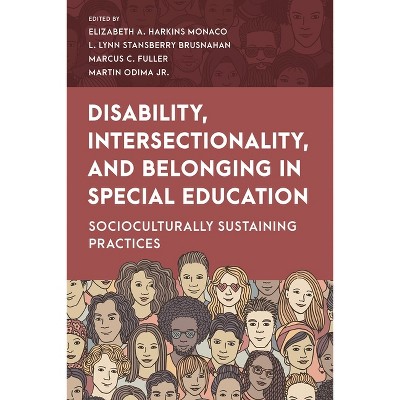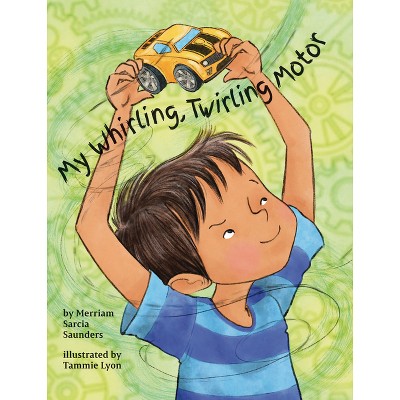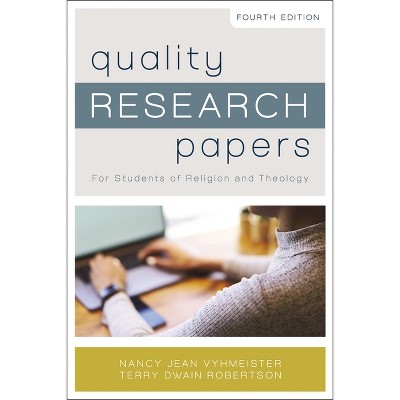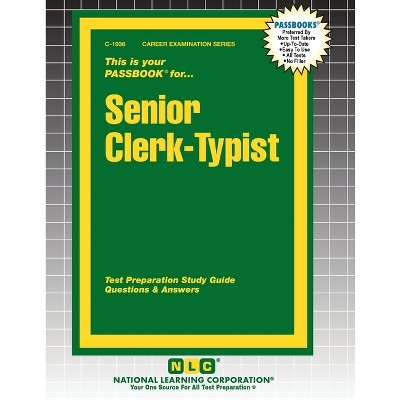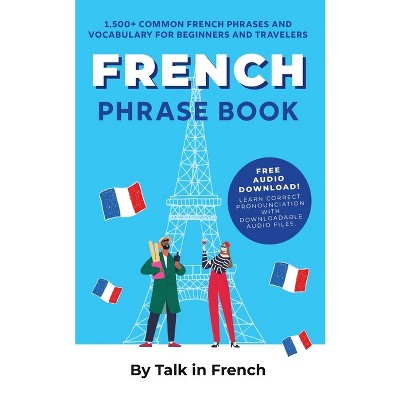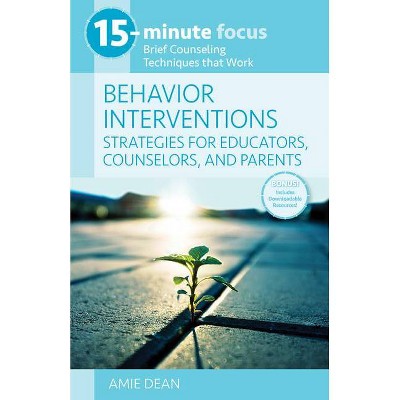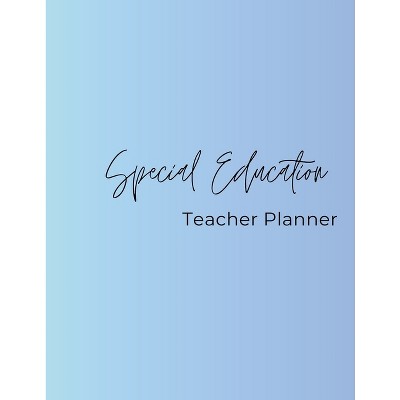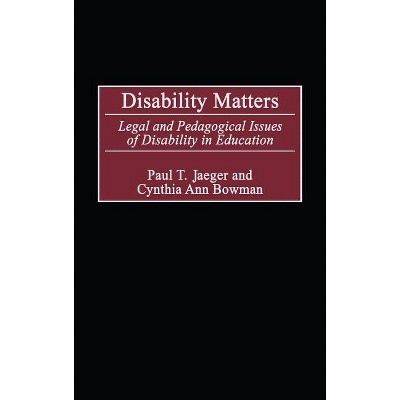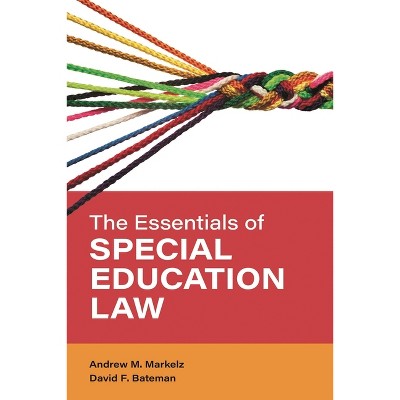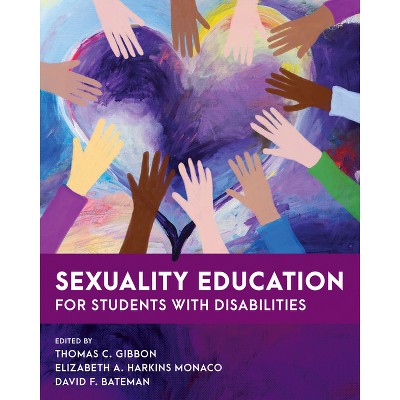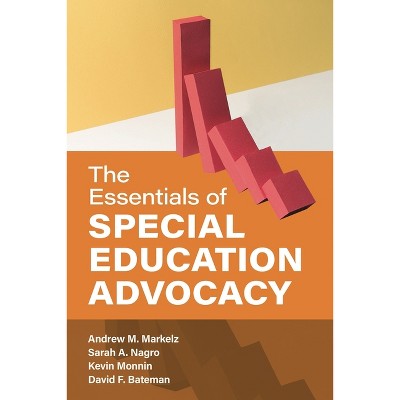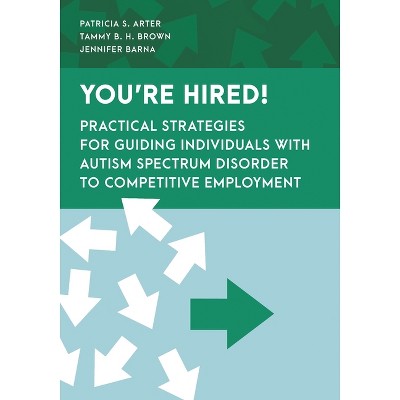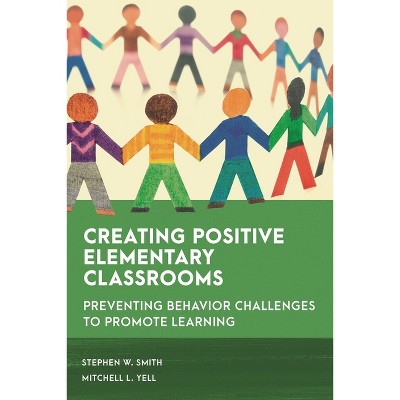Sponsored

Developing Educationally Meaningful and Legally Sound IEPs - (Special Education Law, Policy, and Practice) (Paperback)
In Stock
Sponsored
About this item
Highlights
- The purpose of this textbook is to assist readers to use better practices when developing educationally meaningful and legally sound IEPs.
- About the Author: MITCHELL L. YELL is the Fred and Francis Lester Palmetto Chair in Teacher Education and professor of special education at the University of South Carolina.
- 242 Pages
- Education, Special Education
- Series Name: Special Education Law, Policy, and Practice
Description
About the Book
The purpose of this textbook is to assist readers to use better practices when developing educationally meaningful and legally sound IEPs.Book Synopsis
The purpose of this textbook is to assist readers to use better practices when developing educationally meaningful and legally sound IEPs.
Review Quotes
I was thrilled to read this book. It provides a solid grounding in IDEA's requirements for IEPs, and then brings them alive by discussing how to develop IEPs that not only meet legal requirements but also are meaningful for each child's education. This book provides the foundation for a pathway to better outcomes for individuals with disabilities.
Yell and Bateman provide a clear, practitioner-friendly guide to help educators improve the quality and impact of Individualized Education Programs (IEPs) in alignment with the recent Endrew F. Supreme Court decision. This text offers guidance for setting goals, collecting meaningful student data, involving key stakeholders including families, and for evaluating student response and refocusing when response is insufficient. This text is an incredibly important tool that is easy to access. Educators will benefit from the wise guidance--and, more importantly, students with disabilities will benefit from more focused IEPs that are more rigorous and are more aligned with the intent of IDEA. Another hit out of the park for this brilliant author team.
About the Author
MITCHELL L. YELL is the Fred and Francis Lester Palmetto Chair in Teacher Education and professor of special education at the University of South Carolina. Dr. Yell has published 134 journal articles, 6 textbooks, and 38 book chapters and has conducted numerous workshops on various aspects of special education law, classroom management, and progress monitoring. In 2020, he was named Researcher of the Year by the Council for Exceptional Children.
DAVID F. BATEMAN is professor in the department of educational leadership and special education at Shippensburg University, where he teaches courses on special education law, assessment, and facilitating inclusion. Dr. Bateman recently coauthored A Principal's Guide to Special Education, A Teacher's Guide to Special Education, Special Education Law Case Studies, Special Education Leadership: Building Effective Programming in Schools, and Current Trends and Legal Issues in Special Education.
JAMES G. SHRINER is associate professor in the department of special education at the University of Illinois Urbana-Champaign. His work includes research on the effects of federal and state policies on the educational services provided to students with disabilities. He is the creator and developer of the IEP Quality Project Tutorial, a web-based decision-making support tool for IEP teams (Institute of Education Sciences awards, R324J06002; R324A120081, and Illinois State Board of Education, Part D awards).
Shipping details
Return details
Frequently bought together
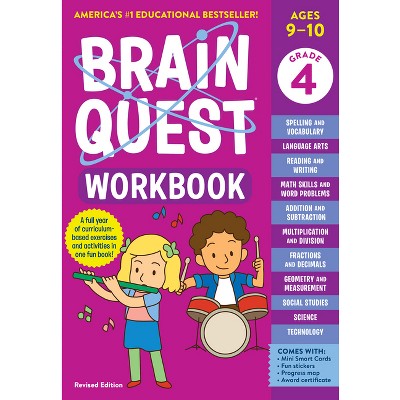
Discover more options
